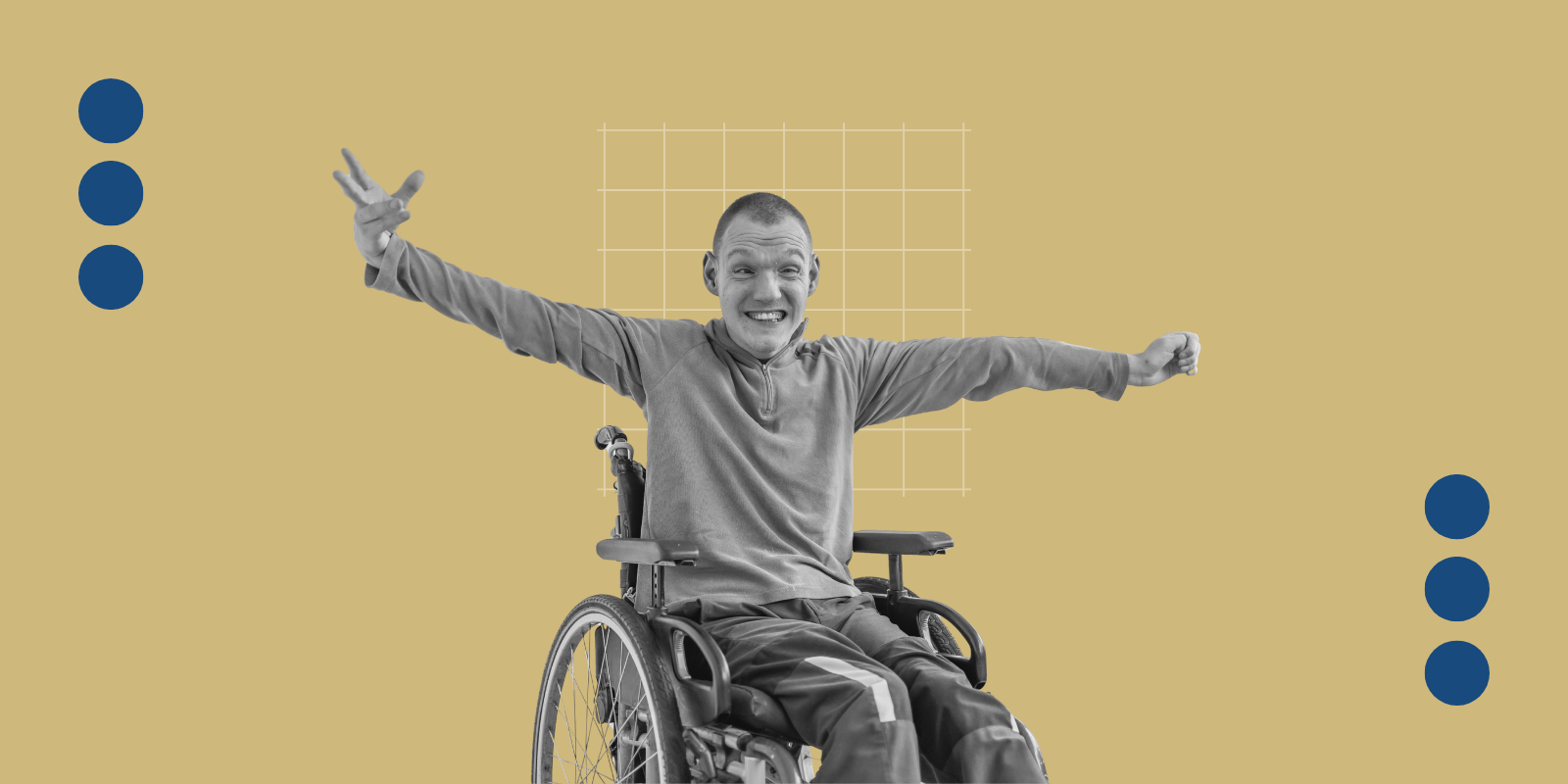Katy Trinkley, PharmD, PhD, sums up her work in one statement: she helps people do good work. It sounds simple, but it takes on so many meanings.
As an associate professor of family medicine and the newly appointed director of the Learning Health Systems Core at the Adult and Child Center for Outcomes Research and Delivery Science (ACCORDS), Trinkley helps people turn their great ideas into meaningful, impactful projects.
“Impact can mean so many things—whether it’s reaching a patient or clinician, changing care practices, or even improving satisfaction,” Trinkley says.
In addition to her leadership role within the core, Trinkley is a clinical pharmacist dedicated to projects that improve patient care, outcomes, and lives. She develops clinical decision-making systems that enhance effectiveness while remaining practical for clinicians. Her efforts also have a far-reaching impact on health systems as a whole.
“The work I do not only helps people, but I have fun in the process, which makes it all the more rewarding,” she says.
Driving Real-World Impact Through Embedded Research
The Learning Health Systems Core helps researchers, practitioners and health systems design and evaluate clinical programs or interventions in scientifically rigorous and practical ways, accelerating knowledge generation to improve patient care and clinical processes. What sets the Learning Health Systems Core apart is its focus on embedding projects directly into healthcare or public health workflows.
“Embedding projects essentially means integrating best practices or evidence-based interventions and measurements into routine workflows so that it feels seamless for all people involved,” Trinkley explains. “It’s not about asking participants to come to a study just for research purposes, or to fill out questionnaires just for research. It’s about embedding these practices into real-world settings in ways that are both sustainable and acceptable to those involved.”
Trinkley is excited to take on the role of director, describing the core as a "north star" for creating value. She highlights the importance of fostering mutualistic relationships.
“It’s about creating a win-win between practice, research, operations and academics which leads to meaningful progress for patients,” Trinkley says. “The core ensures projects are relevant at the local level and can be generalized externally and beyond.”
Trinkley says the Learning Health Systems Core has three primary purposes.
The first level of support involves offering consultations to address specific questions about research or implementation projects. These sessions help individuals navigate their challenges and provide guidance to set them on the right path.
The second focus is building capacity for embedded work at the University of Colorado Anschutz Medical Campus. This involves teaching individuals how to perform tasks like randomization or implementing changes within an electronic health record, all while considering the priorities of other departments and operations.
The third focus of the core is directly supporting projects through collaboration on grants or fee-for-service work. The core’s team may be small but it’s packed with incredible expertise—behavioral economics, clinical informatics, quality and safety, clinical practice, AI data science, and qualitative and mixed methods to name a few.
“Having all these specialists in one place to support a project is a dream. Honestly, I wish every one of my projects could go through this team,” Trinkley says.
Designing a Rigorous Evaluation for New Technology
One example of the work of the core involves a collaboration between UCHealth and the University of Colorado School of Medicine to evaluate a new technology embedding ambient listening devices in outpatient clinics to generate notes. The team helped design an evaluation plan for a pilot project to explore key data points for determining whether to expand its use.
“My role is partnering with the School of Medicine to ensure there’s a rigorous evaluation of this pilot and that it’s rolled out in ways that are sustainable and scalable,” Trinkley says. “We’ve been working on designing the pilot, starting with interviews with decision-makers and clinicians who will be impacted. We’re asking questions like, ‘What do you need to see to decide if this new tech is worth it?’”
Throughout the randomized controlled trial of the pilot, the team is continuously assessing the implementation, training, and onboarding processes, allowing for adjustments as needed. Trinkley says that by the end of the trial, they will have a clear understanding of whether the implementation approach is both sustainable and feasible to scale.
“We want confidence that the outcomes we’ve observed are both rigorous and meaningful to all parties,” she says.
Trinkley hopes to continue building connections across campus to expand the reach of the Learning Health Systems Core and the support offered by ACCORDS. She recognizes how rare it is to have an "incubator of expertise" that supports innovative, interdisciplinary research.
“The beautiful thing about ACCORDS is that it brings together so many different perspectives, expertise and experiences,” she says. “With an ACCORDS consult, you’re instantly connected with people who understand the local landscape and think broadly beyond it. This elevates anyone seeking guidance and helps them get their work done.”



